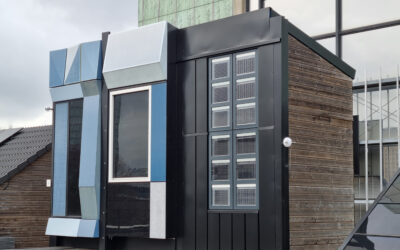Market-driven deployment as well as market and political acceptance of wind power depends on the economic value of wind given by possible business opportunities. A liberalized wholesale electricity market enables a cost-effective dispatch of supply and demand of electricity as well as effective price setting – revealing the economic value of the different supply technologies.
However, wind and other renewable energies are often traded passively which hinder some of their business opportunities and thereby lower their market value. A green transition towards a decarbonized electricity supply side, dominated by variable renewable energy sources such as wind energy, requires a re-thinking of the electricity market setup. Large shares of wind energy in the energy system calls for active market participation as well as additional system flexibility in accordance with the depletion of existing ramping capabilities.
Among the various flexibility options, wind power plants themselves have the technical potential of offering flexibility and thereby increases the economic value of wind energy as well as reduces the system integration costs.
In WIREs Energy and Environment, Klaus Skytte and Lucien Bobo from the Technical University of Denmark (DTU) use Danish market conditions as a case study to demonstrate how large-scale expansion of wind energy has a more solid business case if they are active on both day-ahead and real-time power markets at the power exchange. Skytte and Bobo also highlight that the design of the support schemes can affect the incentives for active participation on real-time power markets
This type of insight is valuable for wind power’s potential to expand its market share while keeping a high economic value in power markets, where the political trend is towards market based deployment of renewables and focus on low system integration costs.
Kindly contributed by Klaus Skytte.
















